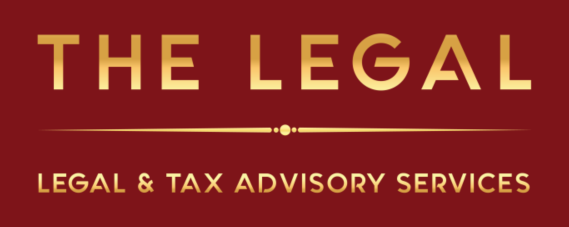

Since 2010, the Global Law Experts annual awards have been celebrating excellence, innovation and performance across the legal communities from around the world.
posted 3 months ago
As a result of Thailand’s intention to reduce greenhouse gas (GHG) emissions at the 26th UN Climate Change Conference of the Parties, Thailand has established a Voluntary Carbon Market under the supervision of the Thailand Greenhouse Gas Management Organization (Public Organization), or TGO. The establishment of the market is a result of the cooperation of businesses and organizations to voluntarily participate in the trading of carbon credits. Thailand’s carbon credit policy is under the Thailand Voluntary Emission Reduction Program (T-VER), in which TGO will register T-VER and certify the number of greenhouse gases that can be reduced or stored from T-VER. The amount of greenhouse gas that can be reduced or stored is called “carbon credits”.
Since carbon credits are traded in the market, they can be counted as an asset. This makes it possible to apply carbon credits to the financial services of banks in the form of a factor in environmentally friendly financing projects. Carbon credits can also be pledged as credit enhancement in these transactions, which helps to ensure that the project can meet its financing requirements. Additionally, carbon credits can be used as collateral in loans, particularly those used for climate-resilient investment projects, as they provide a measurable way to assess and manage climate-related risk. However, the specifics of how carbon credits can be used as collateral will depend on the financing agreement and the relevant legal and regulatory framework.
According to the press release 2023 report on the Department of Business Development’s website, the Department of Business Development has discussed with relevant agencies pushing for “carbon credits” as business collateral. The carbon credit will likely be considered collateral in the future, said Mr. Tosapol Tangsubutr, Director-General of the Department of Business Development, who is urging people to plant valuable perennials on their land to create carbon credits. This corresponds to the Ministerial Regulation on Other Assets as Collateral B.E. 2561 (2018), which announced that perennials are assets that can be used as collateral to provide more business collateral. In summary, carbon credits are likely to be business collateral in the future, according to the Business Security Act B.E. 2558 (2015). There are additional issues to be studied, namely, what type of property carbon credits are classified as, valuation, credit granting process or procedure, property supervision, and collateral enforcement process including various minor details relating to the Business Security Act B.E. 2558 (2015) and comparing to foreign laws for more legal integrity.
Author


There are no results matching your search.
Resetposted 5 hours ago
posted 17 hours ago
posted 17 hours ago
posted 4 days ago
posted 4 days ago
posted 4 days ago
posted 5 days ago
There are no results matching your search.
ResetSign up for the latest advisory briefings and news within Global Advisory Experts’ community, as well as a whole host of features, editorial and conference updates direct to your email inbox.
Naturally you can unsubscribe at any time.
Global Advisory Experts is dedicated to providing exceptional advisory services to clients around the world. With a vast network of highly skilled and experienced advisers, we are committed to delivering innovative and tailored solutions to meet the diverse needs of our clients in various jurisdictions.